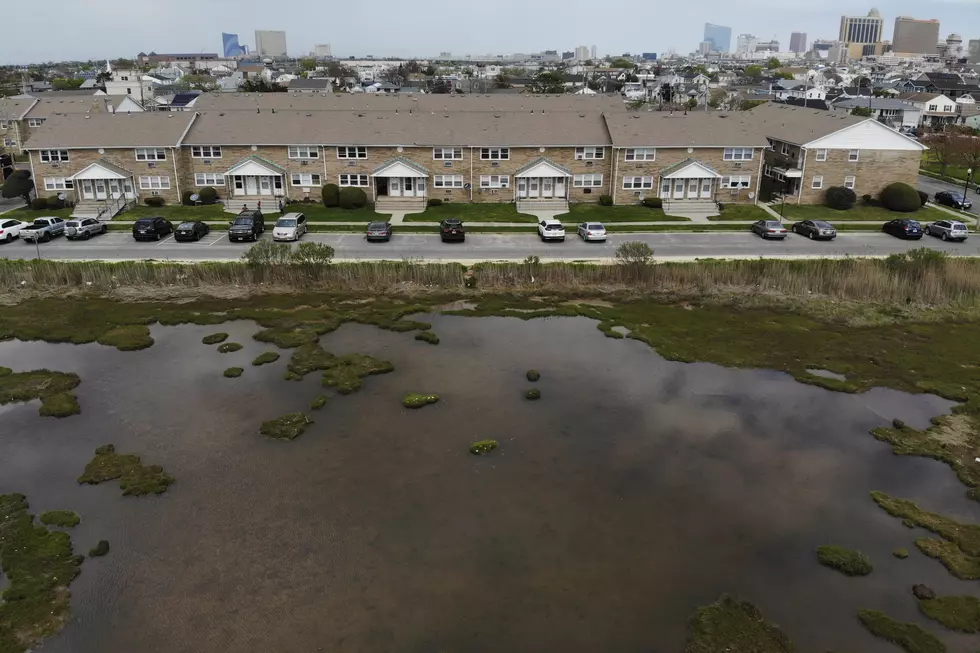![Climate change vs. economy [AUDIO]](http://townsquare.media/site/385/files/2014/06/6c225384-eb86-40a4-b241-6277d35a5726-big-300x1981.jpg?w=980&q=75)
Climate change vs. economy [AUDIO]
We all know climate change can have an immediate impact on the environment, but New Jersey's economic future is at stake as well, according to a national study led by a Rutgers scientist.
American Climate Prospectus: Economic Risks in the United States looked at a wide range of potential impacts, such as property damage caused by storms, changes in crop yield and worker productivity.
Given its location and dense population, New Jersey's outlook isn't the brightest. Along with Delaware and New York, New Jersey is predicted to experience one of the largest percentage increases in coastal flood damage from storms and sea level rise.
"There are places along the shore where it's pretty unlikely that it will be viable to have a community in the second half of the century," said Robert Kopp of Rutgers, lead scientist with the prospectus.
Just by 2030, Kopp said, an additional 15 to 35 percent of New Jersey property will be exposed to coastal flooding from storm damage. Obviously, all of that damage comes with a price tag.
The average summer temperature in the state will rise by nearly 10 degrees by the end of the century, according to the report, which suggests the Garden State will fall victim to a significant drop in labor productivity, which comes in as the second-greatest risk for New Jersey.
An uptick in energy demand is cited as well.
At the national level, the most significant impact of climate change is its effect on the mortality rate.
More From New Jersey 101.5 FM









